"So you have tried many iPad educational games but still did not find the one that perfectly meets your students needs. Well you will never find a perfect one for your particular students because each group of learners have their own idiosyncrasies and only their teachers know them . That being said, using TinyTap you can now easily create your own games based on pictures of your choice. "
Via John Evans



 Your new post is loading...
Your new post is loading...

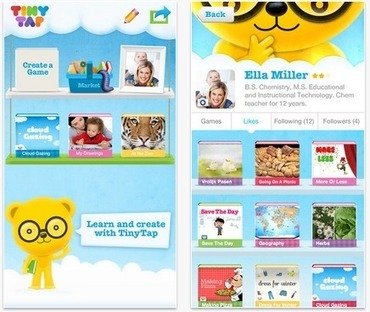



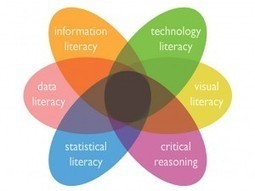







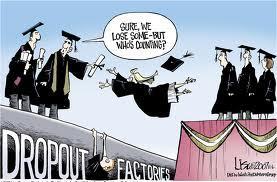



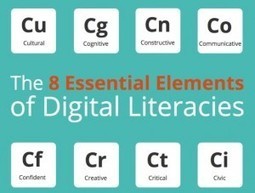



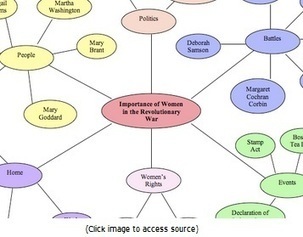


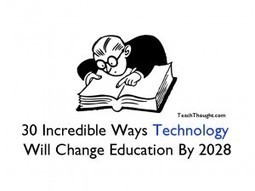
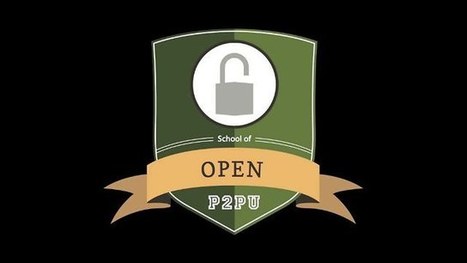





This is a great app for teachers to keep in mind. This would allow a teacher to change the context of what student's are learning at any given point. This is the type of app that would enhance a student's learning based on what they know or don't know.
Zie ook dit lesidee: http://eduapp.nl/profielen/jeroenrougoor/lesideeen/letterboek ;
Funny and useful. Thanks!